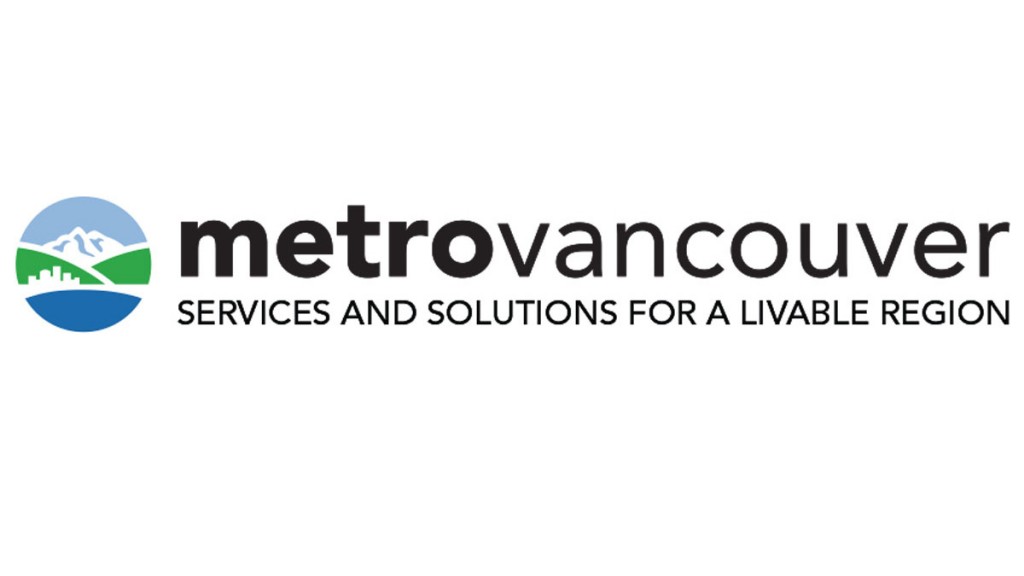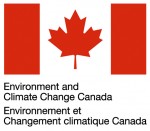Metro Vancouver to provide secure disposal of Canadian waste returned from the Philippines
1,500 tonnes of waste equivalent to two days' worth of processing capacity for Vancouver waste-to-energy facility

Metro Vancouver will securely dispose of approximately 1,500 tonnes of repatriated Canadian waste, shipped back from the Philippines, at its Waste-to-Energy Facility in Burnaby.
The Waste-to-Energy Facility was selected by Environment and Climate Change Canada as the preferred choice for disposal due to its proximity to the Port of Vancouver and its designation as a facility authorized to receive waste under the Canadian Food Inspection Agency's International Waste Directive. The facility, which has operated for over 25 years and produces enough electricity to power approximately 16,000 homes, is the most environmentally sustainable option to recover energy and resources from waste that cannot be reused or recycled.
"For decades, Metro Vancouver's Waste-to-Energy Facility has responsibly processed waste material from the international airline and shipping industries, as well as other materials designated for secure disposal by the Canadian Food Inspection Agency," said Metro Vancouver Board Chair Sav Dhaliwal. "We have the technology and capacity to safely and efficiently handle this type of material."
According to characterization studies conducted in the Philippines in 2014 and 2015, the material mostly consists of paper and mixed plastics with low levels of contaminants such as electronics and household waste. It was initially shipped from the Port of Vancouver to the Philippines by a private business for recycling in 2013 and 2014.
"Strict handling and disposal criteria must be followed whenever there is a risk of biological or agricultural contamination," said Jack Froese, Chair of Metro Vancouver's Zero Waste Committee. "Waste-to-Energy is the best option for secure disposal because there is no potential for contact with wildlife, and no potential for waste to leave the facility following disposal."
Metro Vancouver is working with Environment and Climate Change Canada on the logistics of receiving the waste. Environment and Climate Change Canada expects the waste to be removed from the Philippines by the end of June, and it is anticipated that Metro Vancouver will safely dispose of the waste before the end of the summer.
"With one of the highest recycling and waste reduction rates in North America and a sustainable system for managing residual garbage, Metro Vancouver is uniquely capable of safely disposing of this material in an environmentally responsible manner," added Froese.
The estimated 1,500 tonnes of waste are equivalent to about two days' worth of processing capacity for the Waste-to-Energy Facility.
"Canada is taking all necessary measures for the prompt, safe, and environmentally sound disposal of the waste that was left in the Philippines by a Canadian company," said the Minister of Environment and Climate Change, Catherine McKenna. "We are working with Metro Vancouver to swiftly and safely dispose of the waste upon arrival."
The material will be accepted as Special Handle Waste under Metro Vancouver's Tipping Fee Bylaw, at the rate prescribed in the bylaw of $250 per tonne. All costs associated with the shipping and disposal of the waste will be assumed by the Government of Canada.




